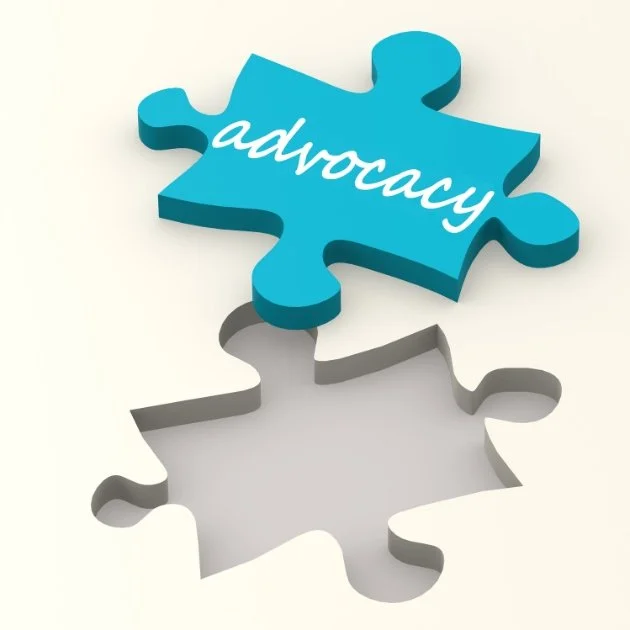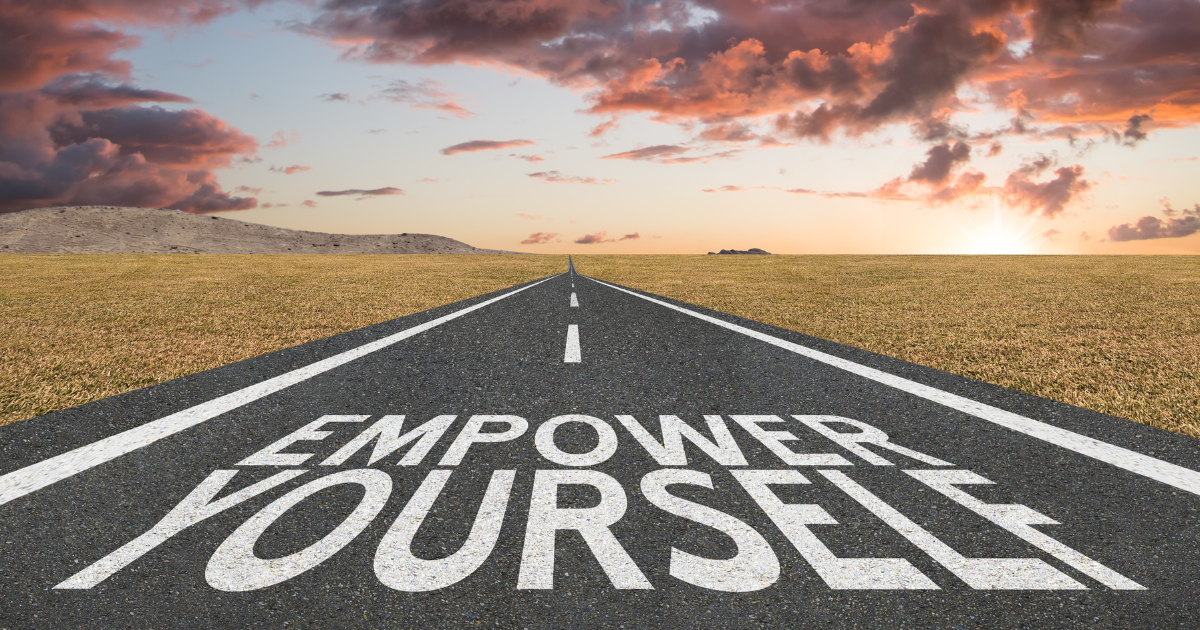The Courageous First Step: Reclaiming Your Life After Trauma
Let’s just be real… Psychological trauma sucks, and healing from it can be just as challenging.
But… Healing from that trauma can also be the most empowering journey of growth and transformation in your lifetime.
I can tell you this from personal experience because twenty years ago I endured a type of domestic violence that hadn’t even been defined yet.
In fact, at that time in 2003, there wasn’t even a name for this type of emotional trauma yet.
Coercive Control: Revealing the Depths of Manipulation
What I experienced is now called Coercive Control.
My ex-scumbag (he doesn’t even deserve to be named) gradually and subtly manipulated me, isolated me from my support system, tried to pit my kids and me against each other, undermined my self-esteem, destabilized my financial independence, and tried to control every minute aspect of my life.
He annihilated my sense of self and robbed me of my personal agency.
But that is a long story for another time.
Because what I really want to share with you today is about the initial, and essential, first step towards the healing process…
Acknowledgment: The First Step in Healing from Trauma
Healing from psychological trauma is a journey that’s as unique as we are, but it can’t begin until we admit that we’ve experienced it.
Please hear me when I tell you that just because there are no visible scars, no bruises, or broken bones, doesn’t mean you haven’t been traumatized!
So, what IS Trauma?
Trauma is anything that overwhelms the brain’s ability to cope and leaves a lasting effect on the mind, and possibly the body as well. The source of the trauma can be physical, psychological, or environmentally based.
Regardless of how minor we think our pain is in comparison to others, it doesn’t diminish the effects trauma leaves on our body, mind, and soul.
I can attest to this because once I was able to admit that I WAS a victim of domestic abuse and the psychological trauma it produced (remember in 2003 there was no terminology), I was able to begin the healing process I so greatly needed.
Every step I took on my healing journey was a step towards rediscovering who I am and adjusting to the freedom I now had to fully BE that person.
I’m sharing my experiences with the hope they will inspire you to take that first step onto your own healing path. If you’re still stuck in the darkness, take my hand and step with me into the light.
So, let’s do this!
Exposing the Layers: Healing from Unprocessed Trauma
“Before healing a wound, you must first admit that you are bleeding.”
True statement right there!
Because my ex-husband’s abuse didn’t leave any physical wounds, it left me without a way to describe the trauma I had experienced.
It’s almost as if, the fact that I couldn’t label it, somehow completely invalidated what I went through.
After I had him arrested and removed from our home, I got myself and my kids into therapy. We went for a couple of years and I thought we were in a much better place for a while, we had done the work to heal what we knew of at the time.
But the tricky thing about trauma is that, like an onion, there are lots of layers.
I knew deep down in my soul that what he did to me wasn’t okay, regardless of whether there was a label for it or not.
Some of my unprocessed trauma didn’t emerge until after I married my sweet husband, Scott, six years later.
I had no idea that once I felt truly safe and loved unconditionally, the floodgates of emotions would open and slowly engulf me.
I discovered there were, and potentially still are, things that were not dealt with during my initial therapy. I had repressed more than I could have imagined.
Unleashing the Buried Storm: The Consequences of Suppressing Trauma
The problem with suppressing your feelings and emotions is that this ‘energy’ must go somewhere, and by not processing it, you’ve only provided two options…
Manifest in your body, or in your mind.
In your body, this may take the form of headaches, heart disease, elevated blood pressure, digestive disorders, stress, muscle tension, or even a weakened immune system, among many other issues.
In your mind, this energy could develop into things like PTSD, anxiety, depression, insomnia, or any litany of other mental health disorders.
And the trouble with suppressed trauma is that it can bubble to the surface when we’re least expecting it in the form of flashbacks and nightmares, self-destructive behaviors like self-harm or substance abuse, as well as trust and intimacy issues, causing problems in developing meaningful relationships.
Why DO We Cling to Our Trauma?
Ever wondered why our minds just can't let go of emotional trauma?
It’s like trying to untangle the chain on a necklace that’s been at the bottom of your purse for a week. It’s complex. From survival instincts to seeking closure, these reasons intertwine to reveal why our minds sometimes grasp onto painful memories.
Here are some of the various reasons:
Survival Mode: Sometimes, our brains keep those tough memories to help us avoid similar dangers in the future. It's like a built-in survival mechanism.
Emotional Impact: Traumatic events pack a punch emotionally. Those feelings can get etched deep into our minds, making them tough to shake.
Unfinished Business: If we haven't really dealt with our feelings about a traumatic event, our minds might keep replaying it, hoping to find some closure.
Avoiding a Replay: Oddly enough, our minds might replay trauma to help us get used to it. It's like practicing, so the memories lose their power to hurt over time.
Tied to Identity: Sometimes, trauma gets woven into how we see ourselves. Letting go might feel like losing a part of who we are, even if it's painful.
Seeking Validation: We might hold onto trauma, hoping others will understand what we've been through or validate our feelings.
Messing with Memory: Trauma can mess with how our brain processes memories. It can make reorganizing them in a healthier way a real challenge.
No Coping Manual: If we never learned good ways to cope, our minds might latch onto trauma as a way to deal with those overwhelming emotions.
Finding Control: Revisiting trauma could give us a feeling of control over emotions that otherwise feel uncontrollable, even if it's not helping.
Healing Process: Sometimes, our minds replay those tough memories to nudge us into working through the experience. It's like a way of saying, "Hey, let's heal from this.”
In the end, whether it's for self-preservation or an attempt to find a resolution, our minds hold onto emotional trauma for all sorts of reasons. It's simply our brain's way of looking out for us or trying to find closure.
The Role of Self-Compassion
“Self-compassion is treating yourself like someone you care about, with support, encouragement, and warmth.”
One of the most important things I want to share with you is to give yourself grace. Try not to judge any of the feelings you’ve had during or after your trauma, the last thing you want to do is be the one to invalidate your own feelings.
Acknowledging and accepting whatever you’re feeling without assigning judgment to it allows your mind to process and integrate it.
That doesn’t mean you have to linger in those difficult emotions, but instead, allow them to pass through you.
By practicing this self-compassion, you can develop much healthier coping mechanisms.
Shattering the Silence: Breaking the Stigma and Empowering Mental Health Advocacy
Trigger Warning – the following section includes the subject of suicide.
If you or someone you know is struggling with thoughts of suicide, PLEASE reach out for help. You're not alone, and there are people who care about you and want to support you. You can call 988 for FREE and confidential support 24/7. You can also go to their website for more information by clicking HERE. Please remember, there is hope and help available.
One of the greatest barriers to recognizing and seeking assistance for psychological trauma is the stigma and shame associated with the majority of mental health matters.
Unlike going to see your general practitioner, many in our society approach mental health appointments with a sense of negativity, shame, or judgment.
This stigma is rooted in a combination of historical, cultural, and societal factors. Lack of education often leads to misunderstanding and fear and can be compounded by cultural norms and beliefs.
Add in just how badly history and the media have portrayed those seeking help with their mental health, and the stigma just intensifies further.
The result… Few people want to openly admit and address their mental health challenges.
Which is robbing our society of far too many gifted, kind, talented, compassionate, and amazing people.
One of the many reasons this blog and website exist is because my family lost a beautiful soul to suicide. My niece was only twenty-seven, and it shook us to our very core.
The statistics are staggering. In 2020 suicide was the second leading cause of death in people aged 10–34! Click HERE to view all the statistics on the CDC website.
““Owning our story and loving ourselves through that process is the bravest thing that we will ever do.” ”
But together we can change that! If everyone who has struggled with any aspect of their mental health, in any way, would just tell their story as honestly and bravely as they’re capable of…
We could tear down the barriers preventing so many others from seeking the help they want and/or need.
Developing Inner Power: Your Journey from Trauma to Empowerment
In your journey toward healing, it's important to realize that healing isn't a linear process. Imagine it as a canvas painted with your experiences and emotions, with each brushstroke adding to your growth and resilience.
Although it's common to overlook small victories and compare your progress with others, just remember that every step, no matter how small, reveals your strength and courage.
The first step in your journey starts by acknowledging the impact trauma has had on your life. It's about facing the truth and stepping out of denial.
Even though it might seem like a small thing, that first step is crucial. It's the seed that can grow into healing, self-discovery, and resilience.
Embrace the Journey: Nurturing Your Authentic Self with Kindness and Grace
But let's be real: this journey isn't a one-time event. It's an ongoing process that stretches through time. It's about exploring your inner self and treating yourself kindly.
It's about accepting all parts of you—the struggles and the successes—without being too hard on yourself.
This journey requires you to treat yourself as kindly, and with as much grace as you would give to a friend. It's about giving space to your emotions and experiences, and offering comfort to yourself.
Embrace the uniqueness of your journey because it's in this individuality that you'll uncover the true essence of healing.
It’s an ongoing journey that nurtures your soul and helps you rediscover how brilliant your authentic self truly is!









